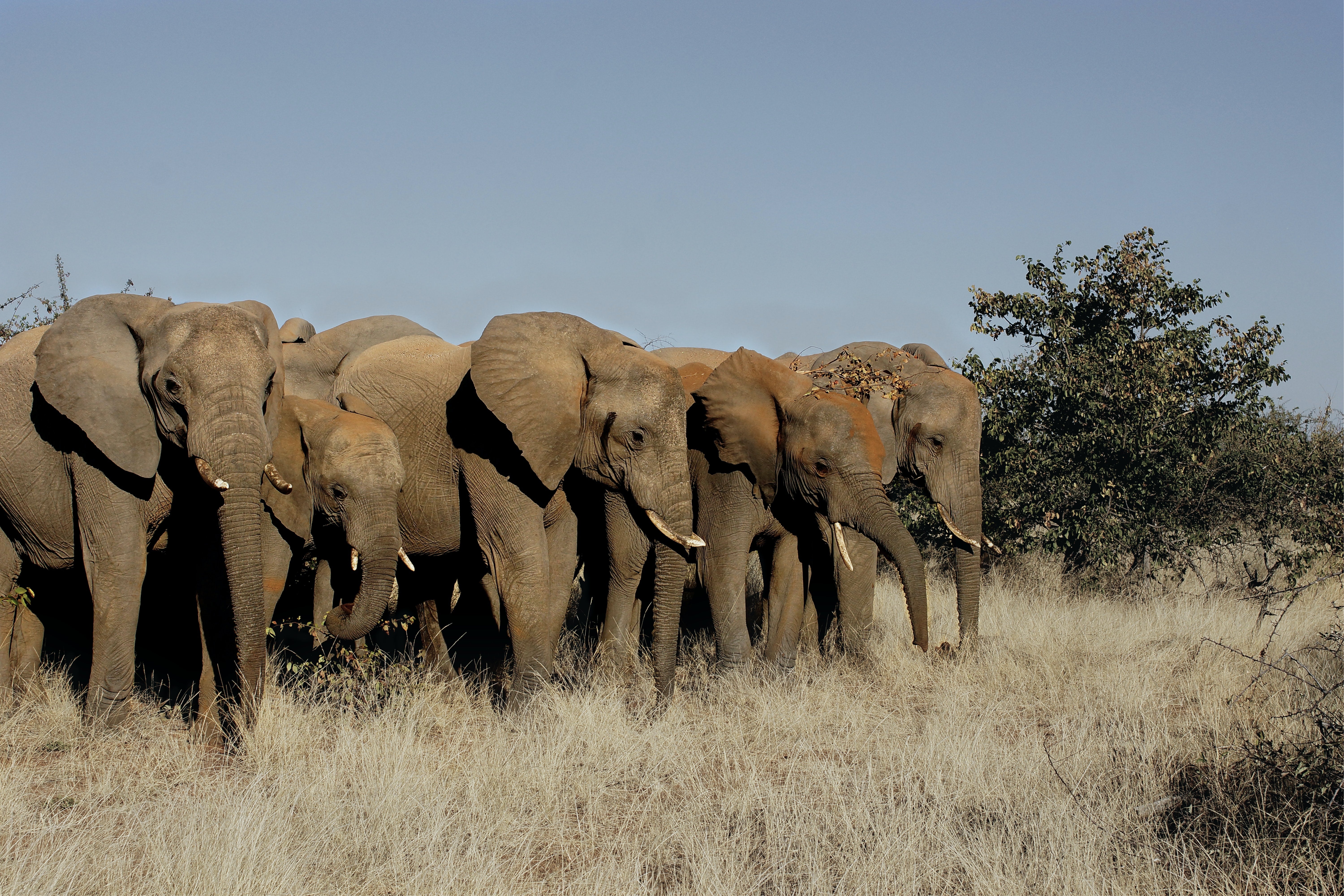Botswana gifts Mozambique 500 elephants
The move aims to revive Mozambique’s tourism industry and benefit its ecosystems

By Keletso Thobega for The Midweek Sun
Botswana’s President Mokgweetsi Masisi recently revealed that his country will donate a total of 500 elephants to neighbouring Mozambique as a ‘gift’.
Speaking on the backdrop event to mark the occasion of a two-day State visit by the President of Mozambique, Fillipe Nyusi, Masisi explained that the idea for the translocation of the elephants was first presented in 2018; however, it did not see the light of day, but now the preparations are being finalised to complete the process.
Masisi said that it would be great to see the elephants get a new lease of life and “roam their new habitat” in Mozambique.
A recent report from the National Administration on conservation areas indicates that Mozambique has lost nearly 10,000 elephants since 2009, on account of poaching and diseases. Masisi said it was part of the reason that they felt a need to assist Mozambique, which
Botswana has strong diplomatic ties with, to help to revitalise the elephant population for the benefit of environmental ecosystems, and to also help revive the country’s wildlife tourism sector.
Mozambique has suffered a grave knock to biodiversity in the environment, because of high poaching, a recurring challenge in the country that emanates back from nearly four decades ago.
For example, about 90 percent of Mozambique’s elephant population was slaughtered by fighters on both sides of the civil war between 1977 and 1992, when politically aligned poachers sold the ivory to finance the conflict between government and anticommunist insurgents.
The mass killings had a debilitating impact on the genetics of the elephants, resulting in some elephants in that country breeding tuskless calves.
Research by Professor Robert Pringle, coauthor of a study on the tuskless elephants published in Science magazine, indicated that because the tuskless trait was fatal to male offspring, it was possible that fewer elephants would be born.
The research findings noted that tuskless elephants also changed the broader landscape as they eat different plants, and added that if allowed to go on, the trait would be irreversible, leading the elephants to the brink of extinction.
Botswana on the other hand, is far from being short of elephants, with a population that stands at over 100,000. While the country is faced with a growing challenge of wildlife poaching, and furthermore, in the year 2020 made headlines following the death of 350 elephants, which subsequent research indicated had been due to an outbreak of cyanobacterial toxins, the country still boasts the accolade of being home to the highest number of elephants on the African continent.
This article is reproduced here as part of the African Conservation Journalism Programme, funded in Angola, Botswana, Mozambique, and Zimbabwe by USAID’s VukaNow: Activity. Implemented by the international conservation organization Space for Giants, it aims to expand the reach of conservation and environmental journalism in Africa, and bring more African voices into the international conservation debate. Read the original story here.

Join our commenting forum
Join thought-provoking conversations, follow other Independent readers and see their replies